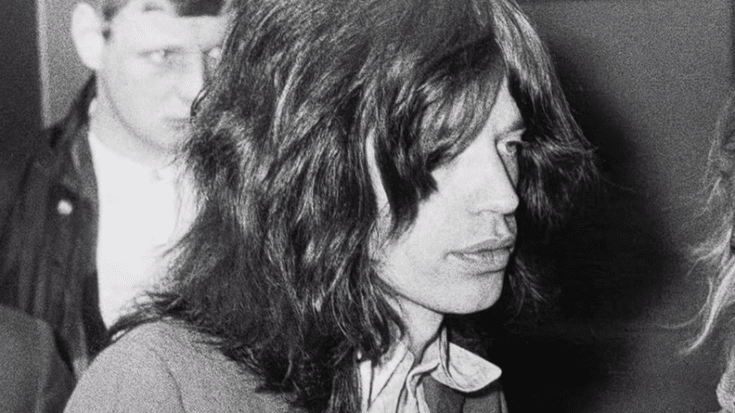What Happened When Mick Jagger Almost Quit The Rolling Stones

via Grunge / Youtube
The Rolling Stones, with Mick Jagger and Keith Richards at the forefront, have been a cornerstone of rock music for decades. However, behind their legendary partnership, there were moments of friction that threatened to tear the band apart. In the 1980s, Mick Jagger’s desire to explore his solo career became a point of contention, leading to a strained relationship with Richards.
A Solo Endeavor
After the completion of The Rolling Stones’ 1983 album “Undercover,” Mick Jagger embarked on a solo journey to record his debut album, “She’s the Boss.” This move didn’t sit well with his long-time musical partner, Keith Richards, who felt that the band should take priority over solo pursuits. Richards’ frustration intensified when he realized that Jagger had secured a solo deal with Columbia while riding on the success of The Rolling Stones.
According to Richards’ autobiography Life, the situation led to a significant disagreement. Richards believed Jagger had piggybacked his solo deal on The Rolling Stones’ success, and he hadn’t even informed his bandmates about the project.
“World War III” and a Challenging Relationship
The friction between Jagger and Richards escalated, exacerbated by the latter’s recent recovery from heroin addiction. Jagger’s discomfort with Richards asserting more authority in the band added to the tension. The feud, aptly dubbed “World War III,” sparked concerns that Jagger’s solo endeavors might signal the end of The Rolling Stones.
In a 1987 interview with Q Magazine, Jagger opened up about the strained relationship:
“I could not deal with them anymore,” he said, implying that he had already left. “It’s like a marriage, but I don’t want to talk about the what, why, and wherefore of my and Keith’s marriage… It’s just that friction builds up, and I just couldn’t deal with it anymore. It became impossible to run the band the state they were worked up into.”
Jagger continued:
“I didn’t really know why they were so worked up, but I think a lot of it was just having too much of a good thing. It was all a bit knackered, and I was the one who had to hold it all together, and I just lost patience with everybody, it’s as simple as that. I just could not deal with them anymore.”
The Turning Point
Matters came to a head during the recording of The Rolling Stones’ 1986 album “Dirty Work.” The relationship between Jagger and Richards hit rock bottom, leading to Jagger’s refusal to tour with the band to promote the album. Richards criticized Jagger for his absence, but the frontman defended his desire to explore his artistic side outside the band.
However, the situation took a positive turn when both Jagger and Richards released successful solo albums, which somewhat eased the tension. Later that year, The Rolling Stones were inducted into The Rock and Roll Hall of Fame, an event that helped mend their relationship. The band reunited to record “Steel Wheels” in 1989, marking a triumphant return and signaling a newfound harmony within the iconic group.












